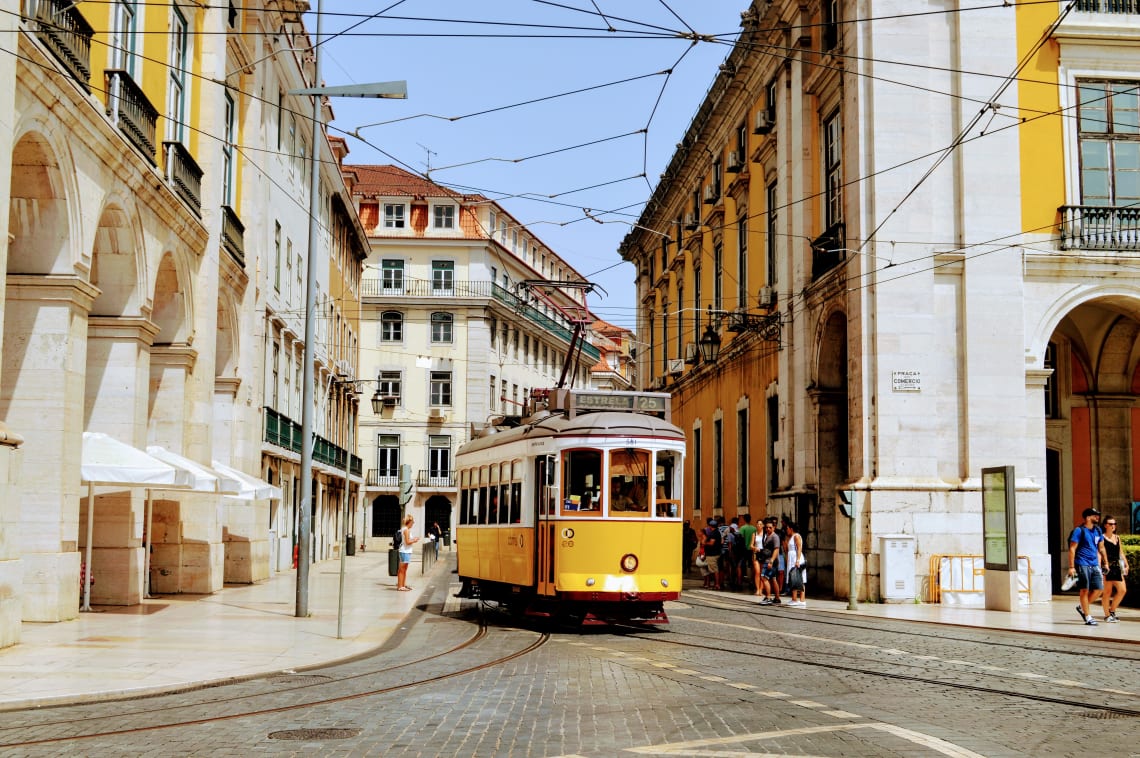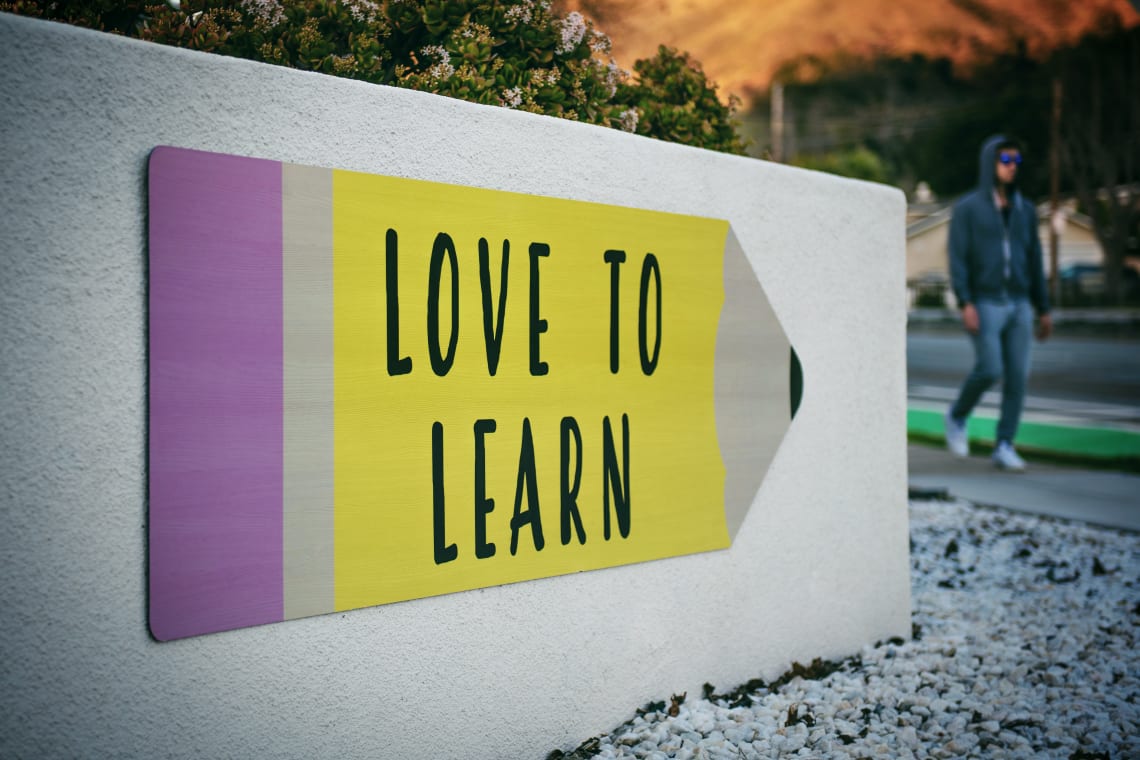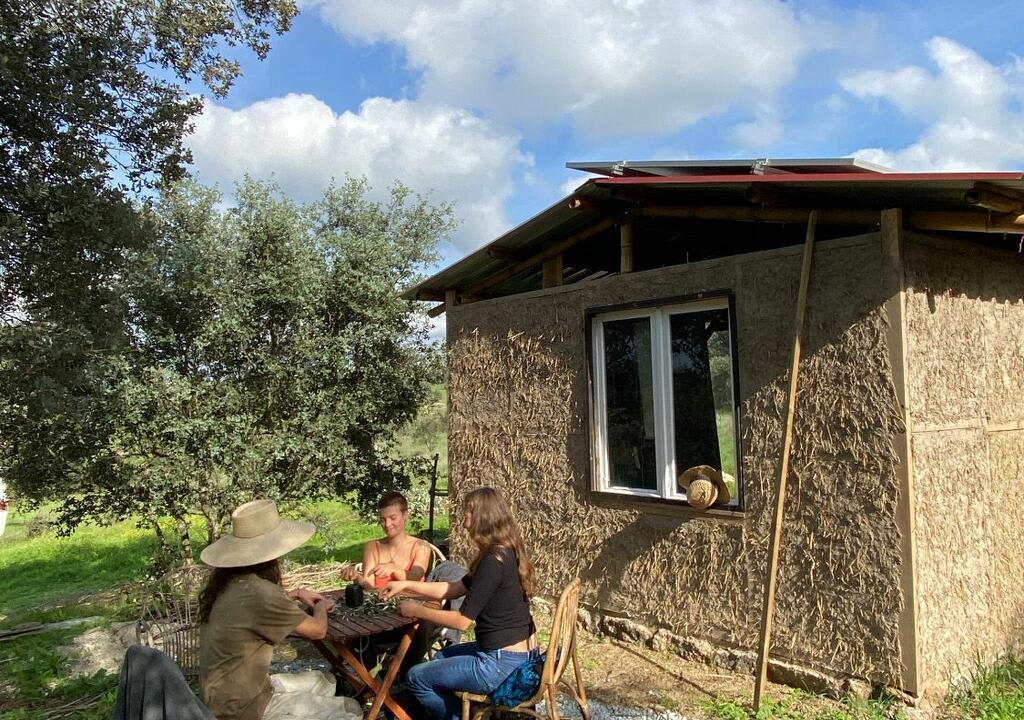
- How about winning a flight ticket worth up to US$500?
- Become a member by January 31st and get a chance to win!
Thinking about learning Portuguese? Here are some words of wisdom and language-learning tips that can help you accomplish your goals!
7min

Learning a new language is a challenging and rewarding process. Whether you are learning a new language for fun, for travel, for work, for love, or for any other reason, language-learning exercises your mind and broadens your opportunities in life.
Portuguese is a particularly popular language to learn! It’s a beautiful romance language and is spoken by about 260 million people around the world.
In addition to the most well-known Portuguese-speaking countries, Brazil and Portugal, countries like Angola, Cape Verde, East Timor, Guinea Bissau, Macau, Mozambique, and São Tomé and Príncipe also have Portuguese as an official language.
So if you’re keen to learn Portuguese, you may be wondering, “Is Portuguese hard to learn?” Let’s dive into the topic of learning Portuguese and cover its level of difficulty, reasons to learn the language, and some helpful tips and strategies to assist you in your language-learning journey.

Every person is different, and learning languages may come easier to some people than others. The level of difficulty you’ll face when learning Portuguese depends on who you are, how you learn, and your familiarity with similar languages.
First of all, what is your native language and what other languages do you already speak?
Portuguese is a romance language. Romance languages evolved from Latin and include Spanish, French, Italian, and Romanian in addition to Portuguese. All romance languages share some similarities in vocabulary and grammar.
So if you already speak one or more romance languages, you may find it easier to learn Portuguese. Spanish in particular is very closely related to Portuguese. Speaking Spanish, even just at the beginner level, may make it easier to learn Portuguese.
English is a Germanic language, so it belongs to a different language family. If you’re wondering, “How hard is Portuguese to learn for English speakers?”, it may be slightly harder than if you’re a native Spanish or Italian speaker.
But English still uses the same alphabet and has a similar sentence structure to Portuguese, so it can still be easy for English speakers to learn Portuguese.
If you speak a language with an entirely different alphabet and phonetic sound, such as Mandarin or Japanese, it may take you longer to learn Portuguese. But you can still accomplish it with the right dedication!

There are so many reasons to learn Portuguese! From broadening your mind and your experiences, to increasing your travel and professional opportunities, learning a new language is always an excellent idea. If you’re not yet convinced to learn Portuguese, here are some benefits you can enjoy when you learn the language!
An obvious perk of speaking multiple languages is that you can communicate with more people! Languages are a huge part of any culture, and there is so much you can learn about people when you speak their language. The more fluent you become, the more you can connect with Portuguese-speaking people around the world.

If you love to travel, or you’ve always wanted to move to a Portuguese-speaking country, learning the language makes it so much easier. Especially if you’re moving or traveling to rural areas where English may not be as common, speaking Portuguese opens up your opportunities abroad.
Not only can you successfully travel and build a life for yourself, but you can work and enjoy more professional opportunities when you speak Portuguese!
Learning a new language is like a workout for your brain! It is challenging, but it can help you stay sharp. You have to learn all the grammar and vocabulary, which uses your memory. You also have to translate other people’s words and convert your own thoughts into Portuguese, which challenges your mental reflexes.
Speaking, reading, writing, and deciphering other languages makes your brain work hard, which only makes it stronger and more capable!
Once you accomplish the task of learning Portuguese, you now have all that knowledge stored in your brain. Having an understanding of Portuguese will then make it much easier to learn the other romance languages that have similar structures and vocabularies. And the more languages you learn, all these benefits we just listed will be multiplied!

There is no right or wrong way to learn a language because every individual is different! Some people learn better with visuals, some people learn better by listening, and others prefer a more hands-on approach.
Regardless of how you choose to learn, here are some effective strategies that you can try for learning Portuguese! Experiment with a few and stick to the methods that work best for you.
Before diving into language learning, it can be helpful to have goals. Think about what you want to learn Portuguese for, and what you hope to get out of this experience.
Do you want to travel to a Portuguese-speaking country? If so, maybe you want to start by practicing basic phrases that you may use while traveling. Do you want to permanently move to Brazil or Portugal? Then you’ll want to become fluent eventually, so make sure you learn every aspect of the language and don’t rush or skip any steps.
Once you’ve figured out what your goals are, you can set up a learning program and ensure you practice regularly. Everyone learns differently, but staying consistent is key! Combine your goals with some of the following strategies to create an epic plan to learn Portuguese.
As most people in today’s world have smartphones, downloading a language learning app is an awesome way to practice Portuguese. Duolingo and Babbel are two popular apps that you can download to learn the basics of Portuguese. With visual, audio, and speaking sections, these sophisticated programs can help you learn a language anywhere, anytime.

Another excellent way to learn a language is by immersing yourself in pop culture and arts. Books, magazines, musics, podcasts, movies, and tv shows in Portuguese are great resources for practicing your skills.
This method of language learning is best for people who already have a basic understanding of vocabulary and grammar. You can practice your comprehension skills as you listen to native Portuguese speakers sing, act, and discuss in their language. And reading Portuguese texts can help you understand grammar and vocabulary better as you decipher the words and grasp their meaning.
Whether online or in an actual classroom, a formal language lesson is sometimes the most effective way to learn a language! Classroom settings aren’t for everyone, but if you lack a bit of discipline and self-motivation, joining a Portuguese class can give you that extra push to learn.
With an actual teacher and other classmates holding you accountable, this is a classic way to learn a new language. You don’t have to be a full-time student either! Join an online class or a community college class anywhere where you live.
The most immersive way to learn Portuguese is by spending time in Brazil, Portugal, or another Portuguese-speaking country. Surrounding yourself with native speakers ensures that you are constantly practicing!
The easiest and most affordable way to spend time abroad is a Worldpackers work exchange. You can find volunteer opportunities in Brazil, Portugal, and Cape Verde where you can meet locals and immerse yourself in the language! Here are a few examples of work exchanges that may help you learn Portuguese:
Brazil:
Portugal:
You could also consider the idea of teaching English in Portugal, learning Portuguese while sharing your knowledge!
Cape Verde:

The time it takes to learn Portuguese really depends on the time and effort you are willing to put in! It will also depend on your familiarity with the language. If you already speak Spanish or another romance language, you may learn Portuguese faster.
But given all the different steps we just listed, anyone can learn Portuguese if they put in the effort and show commitment. The more work you put in, the faster you will learn.
If you practice only a few times a week, and you don’t immerse yourself in the culture of a Portuguese-speaking country, it may take you a while to learn the language and become fluent.
But if you practice diligently and you really commit to practicing daily, you’ll learn quicker. To accelerate your language learning, surround yourself with the language and force yourself to speak it every day!
Doing a work exchange in a Portuguese-speaking country will force you out of your comfort zone and ensure that you practice constantly. This is a great way to learn the language faster and increase your level of fluency.
So there is no one answer to the question, “How long does it take to learn Portuguese?” because it depends on each individual situation and work ethic!
>> Check out our full article collection about language learning for more tips!

If you like these tips, follow Worldpackers social media to keep up with the news: we are on Instagram, Tiktok and YouTube!
Write here your questions and greetings to the author
Ayob
Jul 23, 2023
Hallo
Rahimjonov
Aug 08, 2023
Hello
Untuck
Sep 22, 2023
The best way to experience seamless travel through breathtaking landscapes is Gothenburg to Oslo train route.
https://untuckworld.com/gothenburg-to-oslo-train/
Crislaine
Jan 10, 2024
Hello